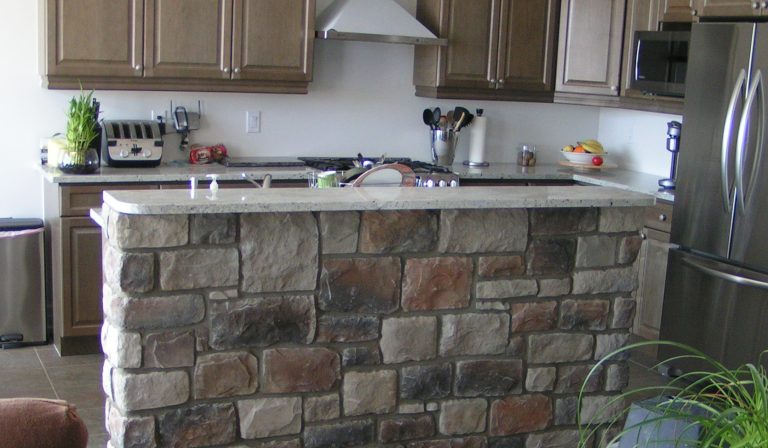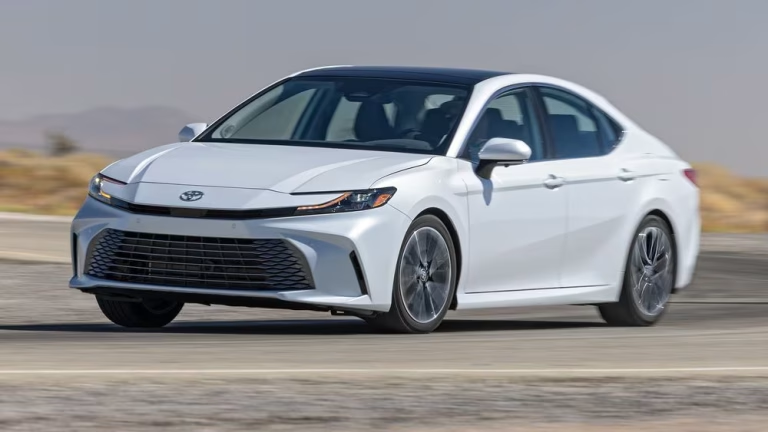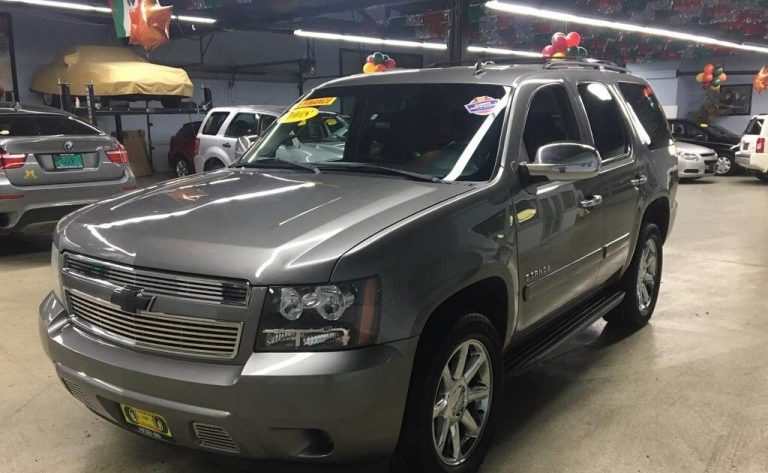In recent years, dark kitchen ideas have become more well-known. Starting your restaurant needs a solid and great business plan. There are almost 17 various names for the concept. You have cloud kitchens, ghost kitchens, dark kitchens, virtual kitchens, and many more. Regardless of what you call them, dark kitchens have similar operational processes. Orders are entered, food is arranged, and packaged meals go out to the customer. The only difference is the way they function.
Understand what a dark kitchen is
A dark kitchen is a physical location wherein the kitchen staff or small. Local businesses can manage to give delivery-only takeaway meals. A dark kitchen is a professional commercial kitchen that only gives food for sale on delivery platforms. The dark kitchen business model allows the transitioning and creation of a brand concept. To be able to select distinct demographics. Dark kitchens can also occur in traditional restaurant settings.
Be familiar with the advantages of a dark kitchen
- Improve your current business
It is much easier to expand your current restaurant with a take-away with a dark kitchen. By having a detached kitchen that only provides take-away. Your current restaurant will not be affected by the modification.
- Save money on staff and premises
You can save necessary costs on real estate rent by not having traditional restaurant premises. Dark kitchens need only the least staffing that will save you money.

- Boost sales with many brands
One of the great advantages is the ability to aim at many segments of the market. Virtual restaurants are operated by data, so they can pinpoint the customer need in the location. While still satisfying it with different brands.
- Reduce your risk
Expanding your current restaurant with one or beginning a dark kitchen. This creates a lower risk compared to a regular restaurant with dining choices. With restricted startup amount also thrown into the mix.
Commissary Kitchen
A commissary kitchen is rentable commercial kitchen wherein foodservice operators can store and ready their food. A lot of commissary kitchens offer mobile vendors or food trucks with equipment storage or overnight parking. The owner of a commissary makes a commercial kitchen that coheres to safety regulations and local health. Also pays for the needed permits.
Check out who uses the commissary kitchens
- Ghost Kitchens
- Food Trucks
- Caterers
- Restaurants (whether it is for delivery orders/ digital makelines for takeaway)
- Pop-up Restaurants
- Concession stands
These commissary kitchens are commercial-grade, established storage and cooking facilities. That is authorized for food service providers to use.







